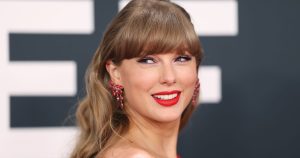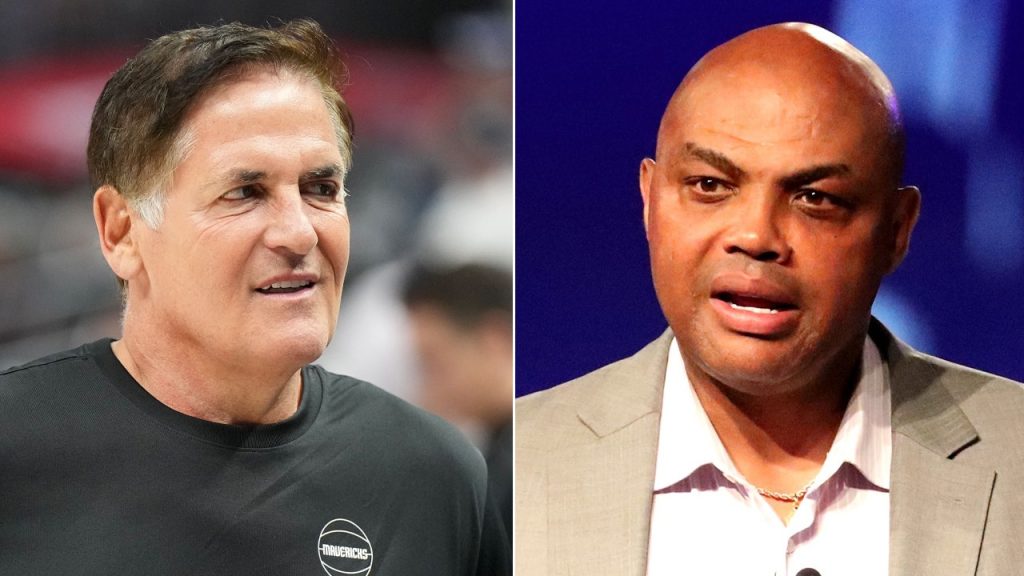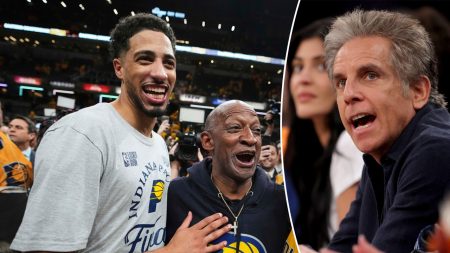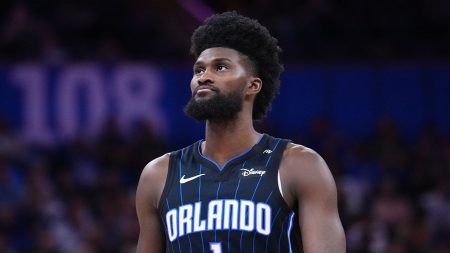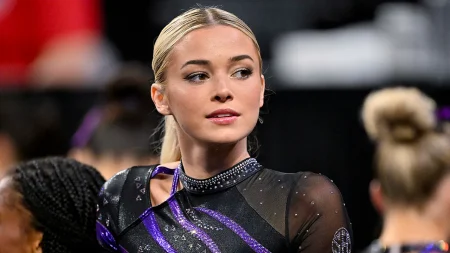Mark Cuban, the billionaire entrepreneur and minority owner of the Dallas Mavericks, has long been speculated as a potential presidential candidate, though he has never officially pursued a run. Recently, he appeared on “The Steam Room” alongside NBA legends Ernie Johnson and Charles Barkley, where a conversation sparked about Cuban’s willingness to consider the presidency. Johnson playfully suggested that a ticket with Barkley could influence Cuban’s decision to run. Cuban responded positively, acknowledging the appeal of the idea and further driving up the enthusiasm by asserting they could win decisively if they were to campaign together. Barkley chimed in with confidence, affirming that a Cuban-Barkley ticket would certainly secure victory.
The Democratic Party is facing significant challenges as it contemplates future candidates for the 2028 presidential election. After disappointing outcomes in both the presidential and congressional elections, the party is in search of fresh leadership. Prominent figures such as California Governor Gavin Newsom, Michigan Governor Gretchen Whitmer, and Pennsylvania Governor Josh Shapiro have emerged as potential candidates. Cuban’s musings about a run alongside Barkley reflect a belief that there is a wide-open field and an opportunity for a new direction in the Democratic Party.
Cuban’s political stance has taken a notable turn, especially evident in his comments toward former President Donald Trump during the recent election period. He criticized Trump, stating that the former president avoided the company of intelligent women and later admitted that such remarks may have been ill-timed, especially in the context of the charged atmosphere surrounding the election. Nonetheless, after Trump’s election victory, Cuban was quick to extend congratulations, posting on social media that Trump “won fair and square,” and acknowledging fellow billionaire Elon Musk, showing a pragmatic approach to the changing political landscape.
In what may seem contradictory to his prior criticisms, Cuban has voiced willingness to assist Trump if the current political climate requires it. He shared that during Trump’s previous presidency, he had collaborated on healthcare initiatives, particularly in boosting the production of personal protective equipment during the pandemic. Cuban’s readiness to support Trump has sparked conversations about his political loyalties, illustrating a blend of opportunism and an interest in pragmatic progress, regardless of party lines.
Furthermore, Cuban has reflected on his previous support for Kamala Harris, highlighting the complexity and fluidity of political allegiances. He made the decision to delete social media posts that endorsed her, indicating a shift in his political narrative as he navigates the aftermath of the recent elections. This adaptability may resonate with voters who seek leaders who can pivot based on changing circumstances and public sentiment, making it more pressing to consider what his political future may entail.
As Cuban continues to explore the possibility of running for office, the discussions surrounding a potential run—especially with a high-profile partner like Barkley—may influence his decision-making process. The evolving Democratic landscape, coupled with Cuban’s willingness to engage with various political figures across the spectrum, places him in a unique position. Whether or not he will ultimately take the plunge into the political arena remains to be seen, but his interactions signal that the idea is at least on the table as the parties gear up for a critical election cycle ahead.

